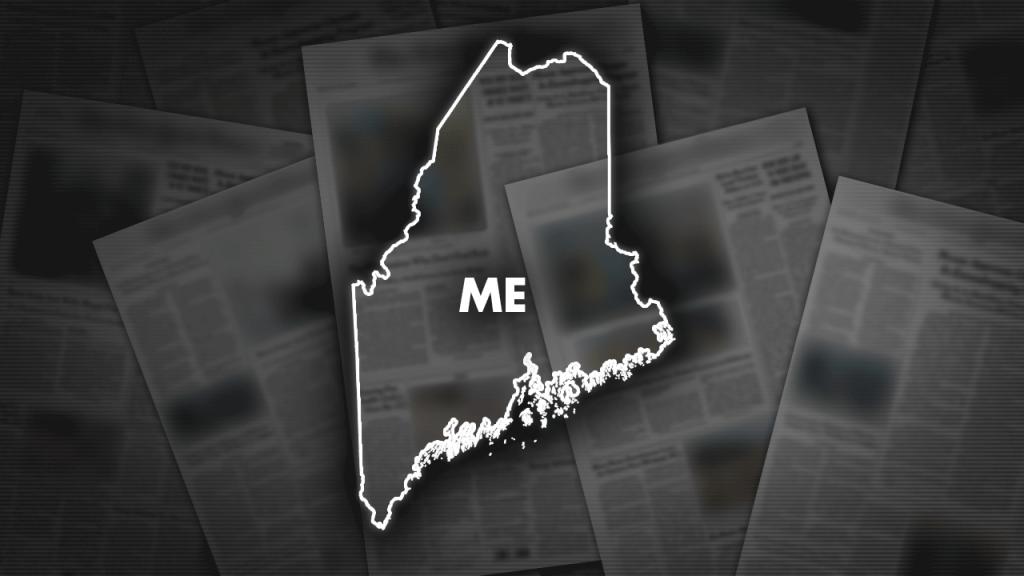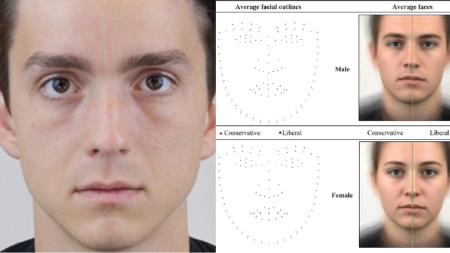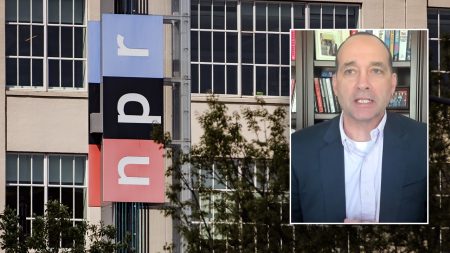Maine has filed a lawsuit against Monsanto, now owned by Bayer, for allegedly selling products containing polychlorinated biphenyls (PCBs) that have contributed to contamination in the state. The lawsuit, filed in Cumberland County Superior Court, alleges that Monsanto knew about the dangers of PCBs before they were banned but continued to manufacture and sell products containing them. Attorney General Aaron Frey stated that Monsanto knowingly caused harm to Maine’s people and environment by continuing to make money off of poisonous products.
According to Monsanto, they discontinued production of PCBs five decades ago and never manufactured or disposed of PCBs in Maine. They claim that any sale of PCB-containing products would have come from third-party manufacturers. However, Maine is seeking damages for the costs of cleaning up, monitoring, and mitigating 400 miles of Maine rivers and streams, as well as 1.8 million ocean acres identified as impaired by PCBs. PCBs are linked to various health concerns and are one of the chemicals responsible for fish consumption advisories in Maine. The U.S. Environmental Protection Agency banned the manufacturing and certain uses of PCBs in 1979 due to concerns about their potential to cause cancer and other illnesses.
This is not the first lawsuit against Monsanto over PCB contamination. Vermont was the first state to sue the company last year, followed by numerous school districts in the state. In 2022, Bayer agreed to pay $698 million to Oregon to settle a lawsuit over PCB pollution. Maine’s lawsuit against Monsanto seeks to hold the company accountable for the harm caused by their products and the costs associated with cleaning up contaminated natural resources. The state alleges that Monsanto prioritized profits over the well-being of Mainers and the environment.
The lawsuit highlights the ongoing issue of holding corporations accountable for the environmental damage caused by their products. By seeking damages for the cleanup and mitigation of PCB contamination in Maine, the state is sending a message that companies like Monsanto will be held responsible for the consequences of their actions. The lawsuit also raises questions about the regulation of harmful chemicals and the responsibilities of manufacturers to ensure the safety of their products. Maine’s actions demonstrate a commitment to protecting public health and the environment from the impacts of toxic substances.
Monsanto has described the lawsuit as “meritless” and denies any wrongdoing. However, the evidence presented by Maine suggests that the company had knowledge of the harm caused by PCBs but chose to continue selling products containing them. The lawsuit serves as a reminder of the importance of transparency, accountability, and responsibility in corporate practices. Maine’s legal action against Monsanto seeks justice for the harm caused by PCB contamination and aims to ensure that companies are held to a high standard of environmental stewardship.















